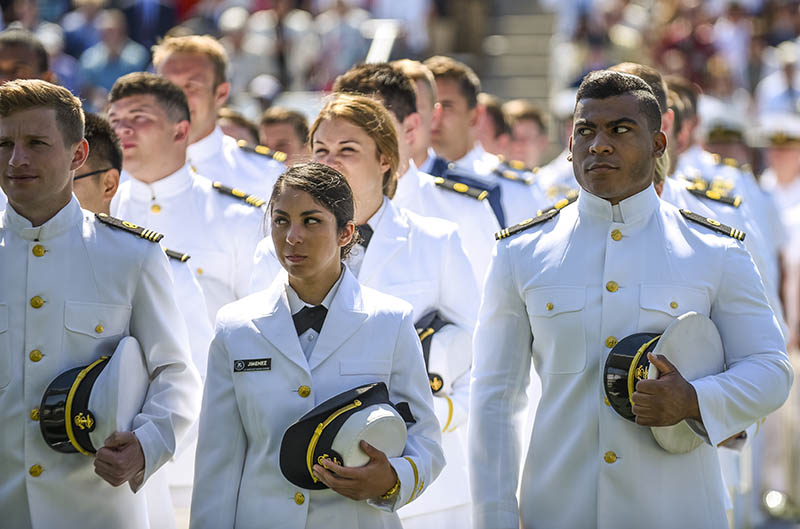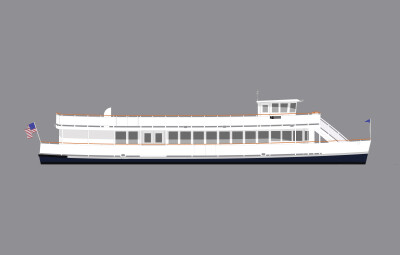Long-simmering concerns over sexual harassment of U.S. Merchant Marine Academy midshipmen during their service on commercial vessels has led to the suspension of Sea Year assignments. The U.S. Maritime Administration has called for a summit meeting with the maritime industry to discuss its culture and the need for sexual assault and harassment awareness and prevention.
The academy at Kings Point, N.Y., formally announced the temporary suspension of its traditional Sea Year program, which sends midshipmen to sea for around 300 days, on Thursday. USMMA cited concerns over “safety and mutual respect” for midshipmen serving on U.S.-flagged merchant vessels.
“Sea Year is and will remain a core element of the academy’s academic program,” USMMA announced last week. “There is a need to ensure the safety and mutual respect for all Midshipmen on vessels during Sea Year. Thus the USMMA is standing down from having Midshipmen serve on vessels as part of Sea Year training until adequate measures are instituted that ensure they can work and train in an environment that is both safe and respectful.”
According to a June 19 statement, “there is no specific incident prompting this action. Effective learning can only take place when men and women feel safe and secure in a supportive environment.”
“It’s the harassment, it’s the hazing, it’s the coercion, it’s the retaliation,” that some midshipmen experience, Marad Administrator Paul “Chip” Jaenichen told Maritime TV after the academy graduation. “It’s not a conducive environment for training.”
Calling them “isolated incidents,” Jaenichen added, “we’re not trying to end Sea Year, we’re trying to mend it.”
“This is a stand down, take a pause, focus on the issue,” USMMA Superintendent Rear Adm. James Helis told Maritime TV in another graduation-day interview.
Students in their sophomore and junior years take part in the program, and the first group of 33 from the class of 2019 was scheduled to depart by June 25. These students will remain on campus until the resumption of Sea Year activities, the academy said.
The announcement came with the class of 2016 commencement. In statements, USMMA officials said other midshipmen currently on Sea Year assignment will be coming home on a case-by-case basis.
USMMA and Marad revealed few other details after word first went out June 16, saying no specific incidents triggered the decision. But previous surveys – notably a study done during the 2014-2015 academic year – portray concern at the institution about its own culture and what midshipmen experience on vessels.
That document identified four major concerns, including “inadequate sexual assault prevention training for midshipmen embarking on Sea Year,” and “insufficient engagement between the academy and the maritime industry on sexual harassment and sexual assault issues.” The paper notes that shipping companies involved with Sea Year are required to have zero-tolerance policies for sexual harassment, and midshipmen are able to report incidents either through company procedure or to academy officials.
Marad officials summoned all parties for a June 24 meeting. In a statement, Marad officials said the session will be held at the U.S. Department of Transportation headquarters in Washington, D.C. It “will bring together commercial and government ship operators, ship managers, DOD users, labor representatives, state maritime academy representatives, congressional staffers, and parents and alumni association representatives,” Marad officials said. “The discussions will focus on industry culture, sexual assault and sexual harassment awareness and prevention efforts, industrywide best practices and reporting protocols and implementable actions that may be of benefit to other participants.”





